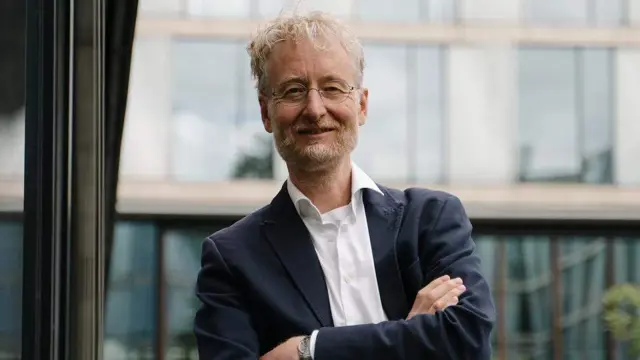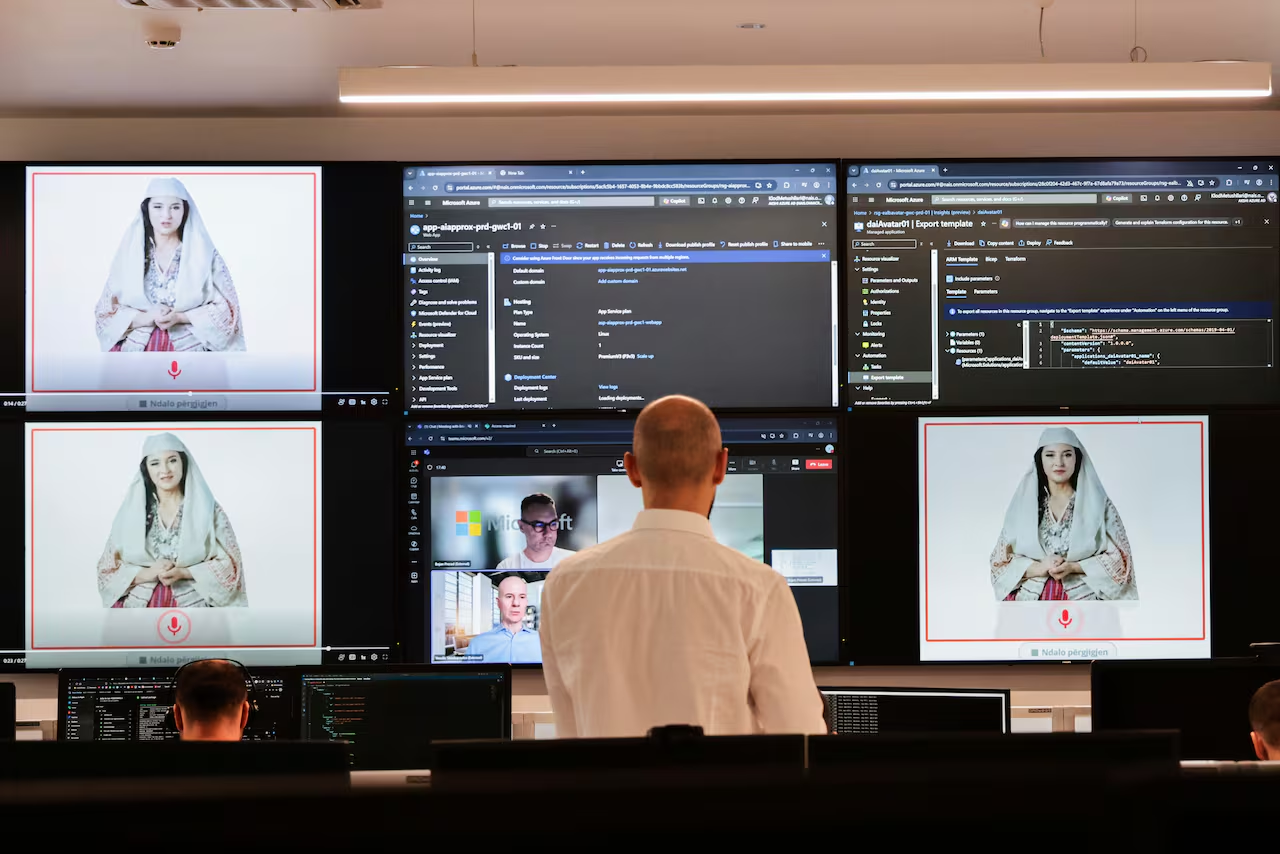September 30
CuspAI raises millions to expand in Europe
CuspAI has raised more than 100 million dollars in a new funding round. The start-up, co-founded by UvA professor Max Welling, aims to accelerate the discovery of new materials using artificial intelligence.
CuspAI has attracted international investors such as New Enterprise Associates and Singapore’s Temasek, joined by Nvidia, Samsung, Hyundai and Prosus. According to Welling, a large part of the funding will be used to attract talent. The start-up currently employs only thirty people but must compete with tech giants such as Google and Microsoft. Significant investments are also made in cloud computing and laboratory time to validate digital discoveries in practice. One of the first outcomes is a porous material capable of filtering CO₂. The platform generated and tested half a million virtual variants, several of which were produced and tested in laboratories. One is now being tested in a U.S. industrial machine. Welling highlights that the main achievement is speed: a full development cycle can now be completed in six months instead of years.
The technology functions as a search engine for materials: researchers specify desired properties, after which millions of candidates are generated and narrowed down to a handful that can be produced in laboratories. Companies such as Samsung and Hyundai see direct applications for their battery and energy systems. While headquartered in Cambridge, CuspAI emphasizes its European roots and presence in Amsterdam. The attention of international investors and growing optimism in Europe around artificial intelligence indicate that the continent is becoming increasingly attractive for global talent.
CuspAI’s ambitions extend beyond current use cases. In addition to improvements in batteries and water purification, the company is exploring chip materials and even nuclear fusion. “If we find the right materials there, it could truly change the world,” says Welling.
Read the full article at De Telegraaf.
Vergelijkbaar >
Similar news items

September 30
AI actress Tilly Norwood sparks debate in Hollywood
read more >

September 30
CuspAI raises millions to expand in Europe
read more >

September 23
Albania’s AI minister Diella: innovation, symbolism, and the risks in between
read more >